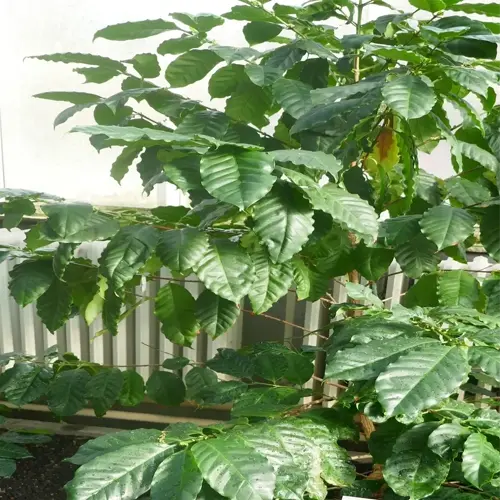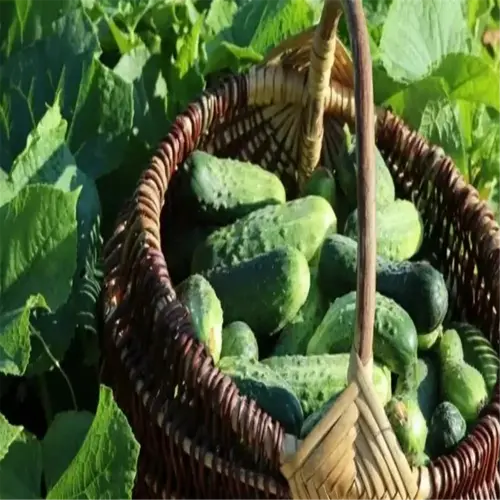What are the basic requirements for growing corn successfully?

Written by
Tina Carter
Reviewed by
Prof. Martin Thorne, Ph.D.Growing corn requires awareness of three vital aspects: full sunlight, soil with high nitrogen levels, and sufficient spacing between plants. Corn plants grow skyward and need at least 8 hours of sunlight each day. The soil needs to drain well while having enough of a holding capacity to keep the soil moist. Two methods that will help these past two concepts are to add compost and loam to the soil before planting and throughout the growing season.
Soil Testing
- Test pH 2-3 months before planting (ideal range: 6.0-6.8)
- Add lime if below 6.0 or sulfur if above 6.8
- Incorporate 3 inches of aged compost for texture
Fertilization Plan
- Apply 10-10-10 fertilizer at 3 lbs per 100 sq ft
- Side-dress with nitrogen when plants reach knee height
- Use fish emulsion for container-grown corn
The success of pollination distinguishes little harvests from prolific harvests. Corn depends on wind to move pollen from tassels to silks. It is better to plant in blocks of 4+ rows versus a single line of plants. I interplant with beans to create lean stalks and help deter raccoons from eating the ears.
Watering is important for two times: 2 weeks before the tassel sent and 2 weeks after the tassel sent. Ensure you water at a rate of 1.5 inches a week on a drip lines. Overheads sprinklers result in 40% evaporative loss and turn half of your food into protein for the atmosphere. I lost a crop to drought stress one time and now mulch extremely heavy with straw.
For those growing in containers, ‘Golden Midget' can grow full-size ears in 18-inch pots. Use a potting mix with perlite to allow for drainage. Use a 5-3-3 liquid feed, every week, as a weekly fertilizer. Rotate the pots daily to ensure equal sun exposure. Pick the corn when the silks turn crackly brown.
Read the full article: How to Grow Corn: 9 Essential Steps for Sweet Success

